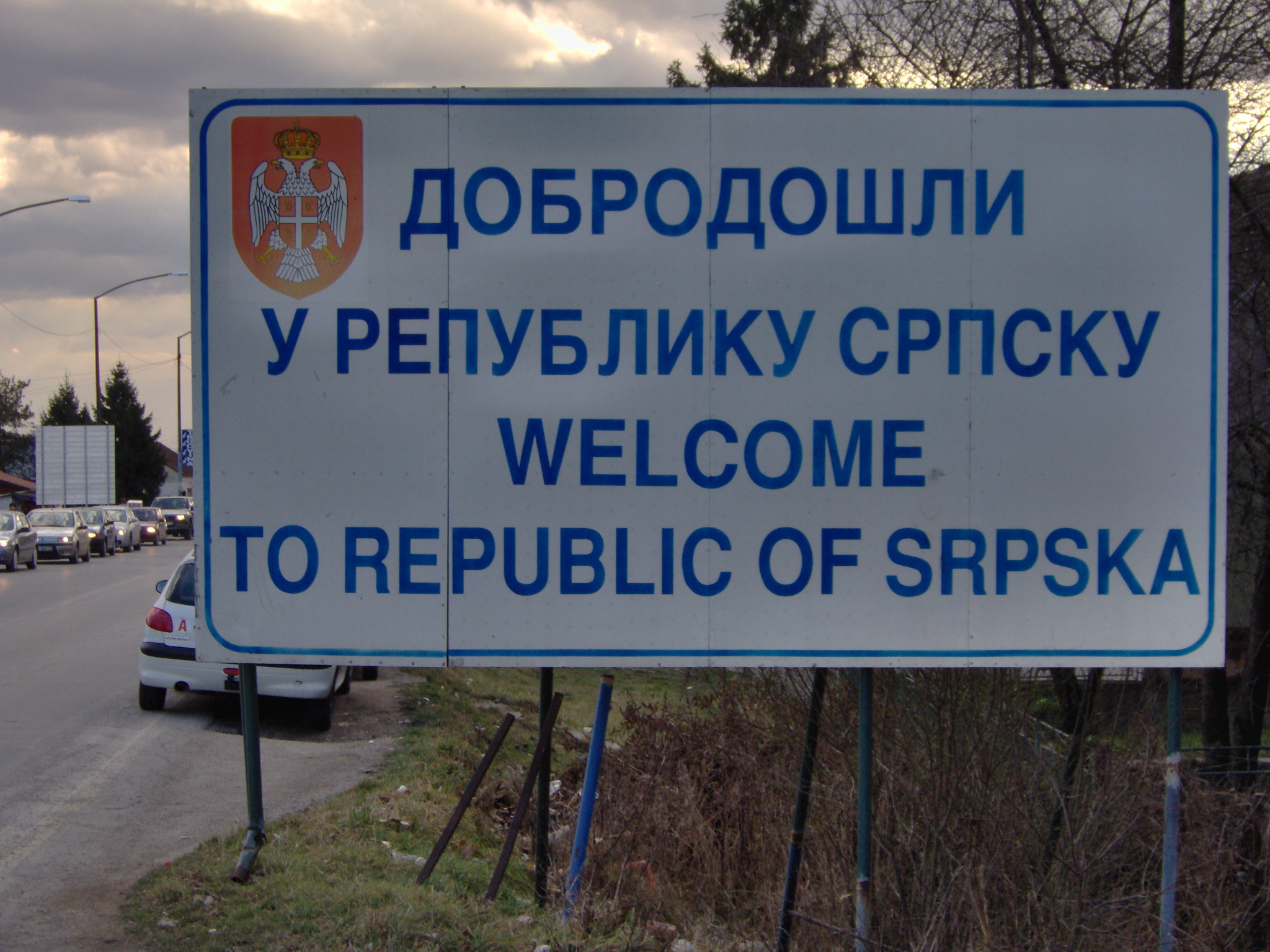Bosnia is heading for the rocks
“Let the people decide when to celebrate their national day”, one may say about the last referendum held in the Republika Srpska. But the things get a bit more complicated when a holiday for one is a horror for another, as is the case of January 9th.
September 30, 2016 -
Bartosz Marcinkowski
-
Articles and Commentary

On this day, back in 1992, the Republika Srpska was proclaimed. This was a prelude to the Bosnian War, Europe’s bloodiest war since World War II, which lasted until 1995. Today, the Republika Srpska is one of two constitutional and legal entities of Bosnia and Herzegovina, largely inhabited by the Orthodox Serbs. The other is the mostly Bosniak-Croat Federation of Bosnia and Hercegovina. It is true that the political system of Bosnia and Herzegovina established by the 1995 Dayton peace agreement is very ineffective and makes the country extremely difficult to manage, but at least it has been calming the ethnic tensions that once led to bloodshed. Now, even this fragile stability is under risk as a result of Banja Luka’s aggressive nationalist moves.
The recent referendum was held without respect for Croats and Bosnian Muslims (January 9th is also an Orthodox holiday) and, therefore, was banned by a court in Sarajevo. Unsurprisingly, president of Republika Srpska Milorad Dodik ignored the ruling. The tensions between the state’s entities has been growing faster and faster and it is safe to say that the disintegration of Bosnia and Herzegovina has become a fact.
For a long time, Milorad Dodik has been pursuing his own internal and foreign policy, which had little to do with Sarajevo’s actions. Dodik is certainly the Balkans’ most outspoken supporter of Vladimir Putin. His trip to Moscow on September 22nd, just three days before the referendum was held, was like a personal blessing from Putin.
However, the referendum is only one step in Dodik’s pursuit for independence. Indeed, his plan is to organize a referendum on independence for Republika Srpska in 2018.
Dodik’s nationalism has been visibly on the rise since Russia’s annexation of Crimea in March 2014. His actions fit the pattern of pro-Russian European radical right-wing political activists, whose aim is to destabilize politics in his country. Their ambitions include turning away from a pro-Western course and negatively influencing situation neighbouring states.
In the case of Dodik, his assertive policies could be attractive to Serbs in Serbia, for whom Republika Srpska is a very important place. Serbian Prime Minister Aleksandar Vučić is now in an uncomfortable situation. One the one hand, he cannot fully support the leadership of Republika Srpska in its fight against the unity of Bosnia and Herzegovina. Supporting the referendum would have repercussions for his pursuit of European integration. On the other hand, he cannot totally distance himself from Dodik given many Serbs in Serbia support his actions. The referendum also shows that Dodik enjoys support in Republika Srpska, which strengthens his position. What’s more, the relatively good result for Serbian nationalists in Serbia’s recent parliamentary election suggests that nationalism is holding up well in the country. Support from Dodik could be helpful in the future. In a way, Vučić may even perceive Dodik as a competitor.
Moreover, the Kremlin could attempt to divide both Serbian leaders, as the Serbian daily Blic suggests. Why would Russia want to do so? Firstly, it doesn’t want Vučić to have a moderating influence on Dodik. Second, a strong Dodik would be a boost for Serbian nationalists, who are much more anti-Western and pro-Russian than Vučić, who maintains strong relations with the EU and NATO. Third, it would mean even more mess and division in the Balkans, which is the “soft underbelly of Europe”.
One referendum in Bosnia and Herzegovina may seem irrelevant to some, but Bosnia’s geographic location puts it in a different light. Together with political instability in Macedonia, violent protests in Kosovo, the destabilization of Bosnia and Herzegovina will have a destructive influence on the entire Balkan region, given the close links between post-Yugoslav states. The recent referendum in Republika Srpska also perfectly shows how history can be used to drum up hostility between nations. But if the Wołyń massacre can still be a huge problem in Polish-Ukrainian relations after more than 70 years, then we should not be surprised that the Balkan tragedies could be exploited in the same way – they only happened in the 1990s.
Bartosz Marcinkowski is a communication specialist at the Ministry of Foreign Affairs of the Republic of Poland. He previously worked as an editor with New Eastern Europe.
The views and opinions expressed in this article are those of the author and do not necessarily reflect the official positions of the institution he represents.

































